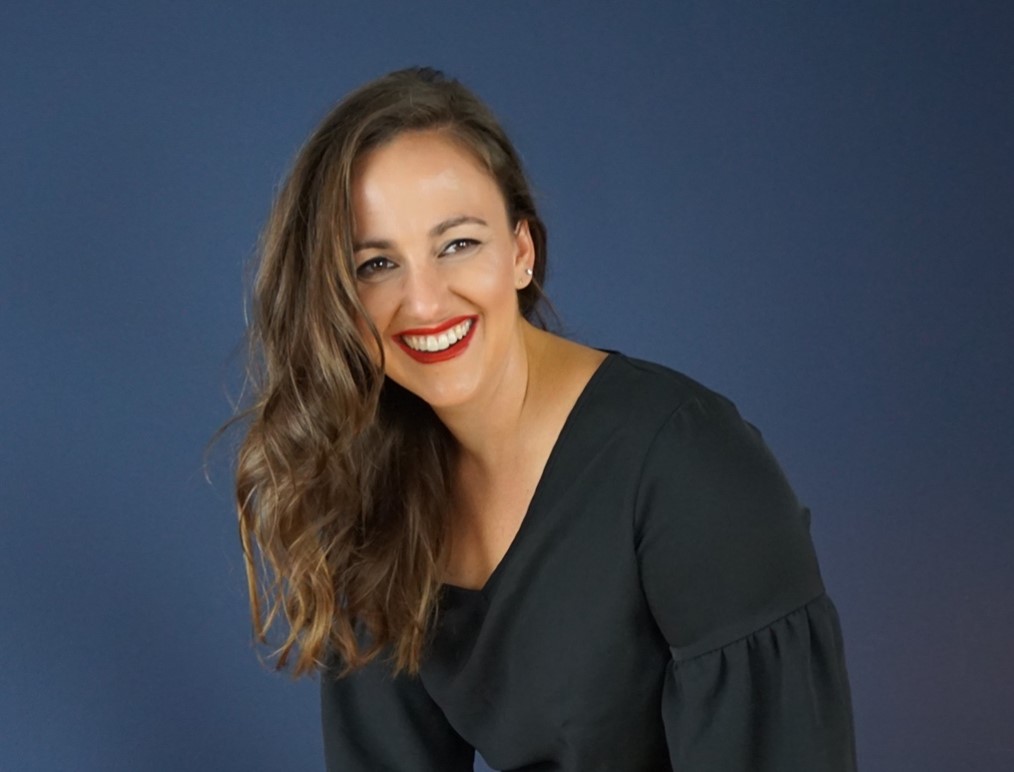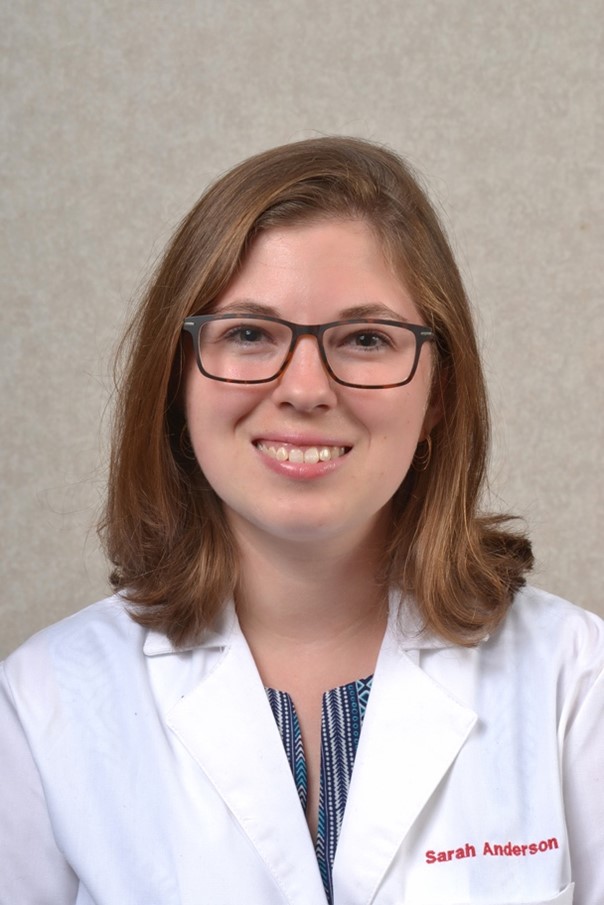|
4/16/23 - Quinnipiac Student-led Conference (Virtual & In-Person)
Sunday, April 16, 2023, 9:00 AM - 3:00 PM EDT
Category: Events
Quinnipiac Student-led Conference Sunday, April 16, 2023 9AM-3PM In-Person & Virtual Conference on Zoom North Haven Campus 370 Bassett Rd, North Haven, CT 06473 Earn CEUs! Light breakfast and lunch will be provided.
Members - FREE REGISTER HERE
Schedule of Events 10:45AM-11:30AM Session 1 (MNH 201) OR Session 2 (MNH 202) 11:45 PM-12:30 PM Networking Lunch 2:00PM-2:15 PM Closing Remarks
SESSION DESCRIPTIONS Session 3 Keynote Speaker: 12:45 to 1:30 PM EST Presenter: Victoria Garcia Wilburn DHSc, OTR, FAOTA Bio: Dr. Garcia Wilburn is a 2005 graduate from Boston University, and earned her Master (2012) and Doctorate of Health Science (2014) from the University of Indianapolis. She holds a certificate in Change Leadership from Cornell University. She is Assistant Professor, both teaching and conducting research, in the School of Health and Human Sciences at Indiana University, Indianapolis and currently serves on the Board of Directors for the American Occupational Therapy Association. She made history being the youngest first-gen Latina to be awarded Fellow of the American Occupational Therapy Association, her profession's highest honor of distinction. She was recognized as Occupational Therapist of the Year, inducted into the Indiana Latino Leadership Circle, awarded Boston University's Alumni Association Special Recognition Award for “outstanding contributions to humanity beyond professional responsibility,” named Outstanding Woman Leader from the Indiana University Office of Women, and selected as part of Hoosier Women Forward, a democratic grooming program for women. She is committed to educational equity, improving public health, and creating positive sustainable change as a State Representative in Indiana for House District 32-her newest leadership endeavor.
Title: Evidence-based decision making in advocacy: Using your clinical tools for creating change Objectives:
Abstract: Attendees will learn effective strategies in healthcare advocacy, how to effectively read a bill, understand more deeply the legislative process and how to communicate your needs to your lobbyist/or effectively communicate to lawmakers. Learn the similarities in clinical decision making and the occupational profile process with drafting legislative.
Sessions (CHOOSE SESSION 1 or SESSION 2)
Session 1: 10:45 to 11:30 AM EST Title: This is How We Do It: Sexuality & Occupational Therapy Presenter: Kathryn Ellis, OTD, OTR/L, AASECT Certified Sexuality Counselor Bio: Kathryn Ellis developed the Occupational Therapy Sexuality and Intimacy Clinic at Walter Reed National Military Medical Center. She is the editor of the new AOTA Press Sexuality Textbook (publication pending) and the author of Sex and Intimacy for Wounded Veterans: A Guide to Embracing Change. She is the founder/CEO of a continuing education company the Institute for Sex, Intimacy & Occupational Therapy. She is an American Association of Sexuality Educators, Counselors, and Therapists Certified Sexuality Counselor and consultant on sexuality and intimacy projects and initiatives. Her private practice, Dr. Kathryn Ellis Sexual Wellness Counseling, is based in Delaware. Abstract: This course will provide an overview of the role of occupational therapy in sexuality and intimacy assessment and intervention. I touch on the basics of what to know and how to begin to address sexuality in OT practice. The course reviews best-practice for healthcare providers who address sexuality and intimacy, which is to engage in self-reflection and cultural humility. Objectives:
Session 2: 10:45 to 11:30 AM EST
Title: Virtual Reality in OT Presenter: Sarah E. Anderson, OTD, OTR/L Bio: Sarah Anderson, OTD, OTR/L, is an occupational therapist and a dual-degree PhD candidate in health and rehabilitation sciences at The Ohio State University. She holds a bachelor’s degree in fine art from Carnegie Mellon University (BFA ’15) and a doctorate degree in occupational therapy from The Ohio State University (OTD ’19). Her area of clinical practice is pediatrics and she currently works as an inpatient clinical therapist at Nationwide Children’s Hospital in Columbus, OH. Dr. Anderson’s primary area of research is the development and implementation of virtual technologies, such as virtual reality (VR), to improve health and safety outcomes in clinical, home, and community settings. Her PhD research focuses on VR for training and assessment of individuals with cognitive dysfunction, specifically the design of VR for home safety education among adolescents with brain injury. Dr. Anderson also aims to promote multidisciplinary collaboration among stakeholders as key to driving revolutionary change in healthcare and communities. In this effort, she currently works with a technology company to improve the clinical relevance of their products. She is also the previous chair of the Games for Health Journal Early Career Committee, which aims to foster collaboration among early career professionals and improve dissemination in games for health research. Additionally, she has assisted in the development of interdisciplinary graduate and undergraduate courses on gaming accessibility and the healthcare implications and applications of video games for The Ohio State University School of Health and Rehabilitation Sciences. Dr. Anderson has three peer-reviewed publications and has presented her research locally, nationally, and internationally at various technology and rehabilitation conferences, including IEEE VR 2020, the 2023 Annual American Occupational Therapy Association Conference and Expo, and the 2022 International Paediatric Brain Injury Society & North American Brain Injury Society Joint Conference on Brain Injury. You can contact her at [email protected].
Abstract: Intro: Virtual reality (VR) is not a novel technology, but it’s implementation in OT clinical practice is innovative and brimming with potential. While this is an exciting new frontier for discovery, many clinicians, developers, educators, and researchers still don’t know how to address or apply these new technologies to effectively address patient needs. Purpose: This presentation will provide a brief, informative overview of VR through several different lenses of understanding: description and definition of VR technology, evidence for clinical application, and considerations for use and implementation. Methods: A brief description of VR technology will be provided through explanation of its history, definitions, current devices, and anticipated iterations. Clinical application of VR will be provided through an overview of relevant evidence, and personal anecdotes of the presenter’s experiences. Lastly, considerations for VR implementation will traverse different topics of discussion including health and safety considerations, inclusion and accessibility, the pace of research and development, and the need for interprofessional stakeholder collaboration. The presentation will end with conclusions and questions, with time permitting. Conclusions: This presentation is not intended to be a comprehensive instruction on VR and its uses, but rather a starting point to explore some of the many benefits, curiosities, and challenges for this technology. This is done through an OT-centric perspective, while also elevating the value of other professions and stakeholders who interact in these spaces. The hope is that attendees will nurture a curiosity for technological tools, and understand what VR has to offer OT and what OT can offer VR. Learning Objectives:
|

 Prev Month
Prev Month View Month
View Month Search
Search Go to Month
Go to Month Next Month
Next Month


 Export Event
Export Event